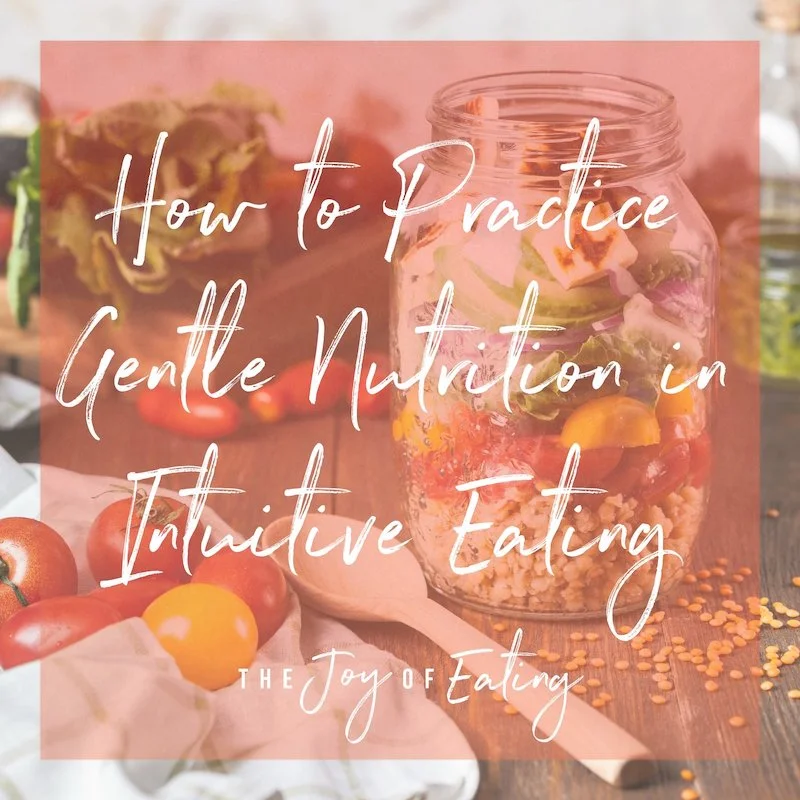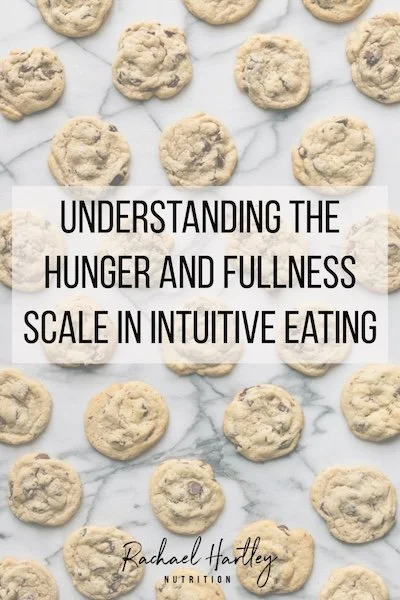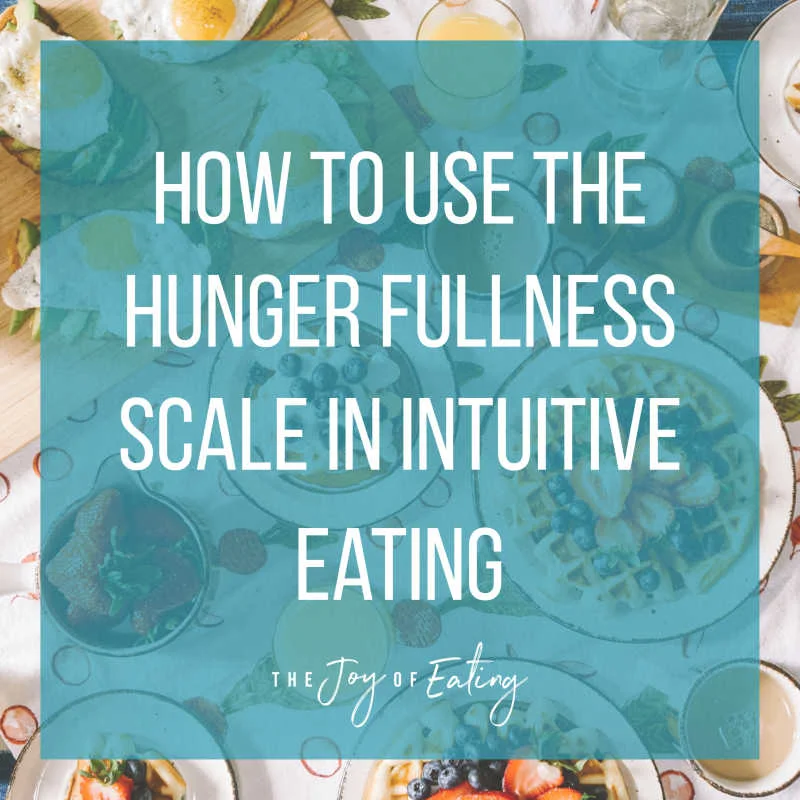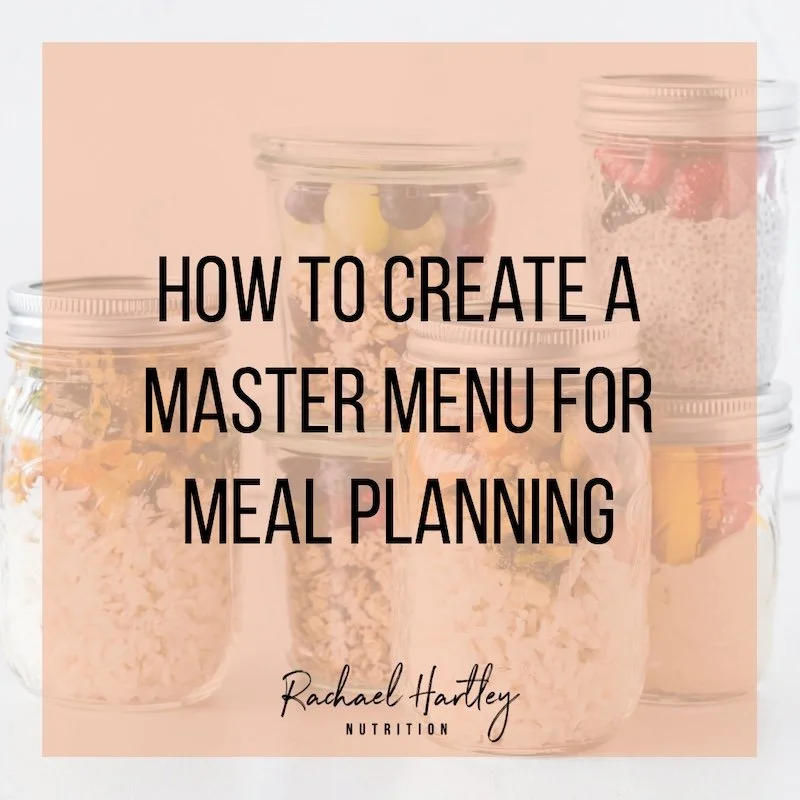If you’ve ever said to yourself “I know what to do, I just can’t do it” in your eating disorder recovery or attempts to practice more intuitive eating, then you’ll want to read this post on breaking diet mentality thought patterns and behaviors.
Read MoreThe way body positivity is presented on social media can make it seem like the goal is to love your appearance. But what if that feels off limits? If it feels like you can’t love your body, there are other ways to explore body positivity. One of those tools is the body image spectrum.
Read MoreWhen it comes to nutrition, there’s an assumption that natural is always healthier. While there is value in eating more fresh, minimally processed food, the idea that natural is superior is also at the heart of some of the most pernicious diet and health misinformation. This blog post explores the nuance behind the idea of natural.
Read MoreAs a non-diet dietitian, I’ve learned there’s a lot of questions and misconceptions about what we do that can make people afraid to reach out for help. Learn what to expect working with a non-diet dietitian in this article.
Read MoreDiets to “balance hormones” are the latest trend on social media, and if you’re struggling with a hormonal condition (or symptoms that mimic one!), you might be feeling confused and overwhelmed with everything you’re hearing. This blog post discusses why the restrictive diet advice to heal your hormones can do a lot more harm than good.
Read MoreThere’s a good reason gentle nutrition is the last principle of intuitive eating. Without doing some work to heal your relationship with food, gentle nutrition can easily become yet another a diet. However saving it for last can make it feel like a bit of a mystery. This blog post helps demystify what gentle nutrition looks like so you are able to bring non-diet nutrition into your intuitive eating practice.
Read MoreIn this world of diet culture and fatphobia, where disordered eating is shockingly common, what is normal eating anyway? This blog post explores the definition of normal eating, and discusses some of the problems with labeling eating as normal and abnormal.
Read MoreMost people who come to intuitive eating have recognized how depriving themselves of the food they enjoy or adequate food fuels overeating and binging, but there’s another type of restriction that impacts your relationship with food. This blog post explains how mental restriction impacts your relationship with food, and four tips for overcoming it.
Read Moref you're familiar with Intuitive Eating, then you know about the hunger and fullness scale, a tool to help you get back in touch with your hunger and fullness cues. This blog post answers some of the common questions and challenges I hear from clients in my practice when trying to apply the hunger fullness scale to their eating.
Read MoreYears of yo-yo dieting and disordered eating can get you out of touch with internal cues, like your body's hunger and fullness signals. Learn how to use the hunger fullness scale in intuitive eating, a tool that can help you can back in touch with your food needs.
Read MoreYour weight is not your worth, and yet we live in a society that does value certain bodies over others. So it makes sense that you might need a reminder of who you are outside of a body size. This blog post shares one of my favorite creative activities for building self worth.
Read MoreMost people benefit from some degree of meal planning. However, the goal should be ensuring you have enough satisfying food to eat, not to rigidly control what you eat. This blog post shares a simple, non-diet tool you can use for meal planning in intuitive eating.
Read MoreEating disorders and IBS are both much more common than people realize, and there’s a lot of overlap between both conditions. Unfortunately, much of the advice for IBS can make disordered eating worse. Part 3 in this series on intuitive eating and IBS discusses the relationship between eating disorders and IBS, and strategies for coping with IBS when you’re in eating disorder recovery.
Read MoreIf you struggle with IBS, before cutting out or eliminating foods (especially ones you love!) read this blog post to learn non-diet approaches that can help manage your symptoms.
Read MoreGoogle what to eat for IBS and you’ll find most of the recommendations are all about eliminating certain foods or elimination diets. But these common recommendations for IBS can sometimes make things worse and not better, especially if you struggle with disordered eating. This post on intuitive eating and IBS shares how non-diet approaches can help manage your symptoms.
Read MoreThe way we discuss health in our culture centers food and fitness. While how we feed and move our body certainly has an impact on health and wellbeing, but that’s just a small piece of the puzzle. This blog post shares ideas for taking a holistic approach to health with seven tips for improving health outside of diet and exercise.
Read MoreIn intuitive eating, you hear a lot about hunger. But did you know there are more ways to experience hunger than just physical hunger? This post explores the four types of hunger in intuitive eating - physical, emotional, taste and practical - and how to respond to each.
Read MoreBecause dieting is so normalized in our culture, sometimes it can be hard to know if your struggles with food are enough to need treatment for disordered eating or an eating disorder. This blog post shares 5 signs that you are sick enough for treatment.
Read More


















